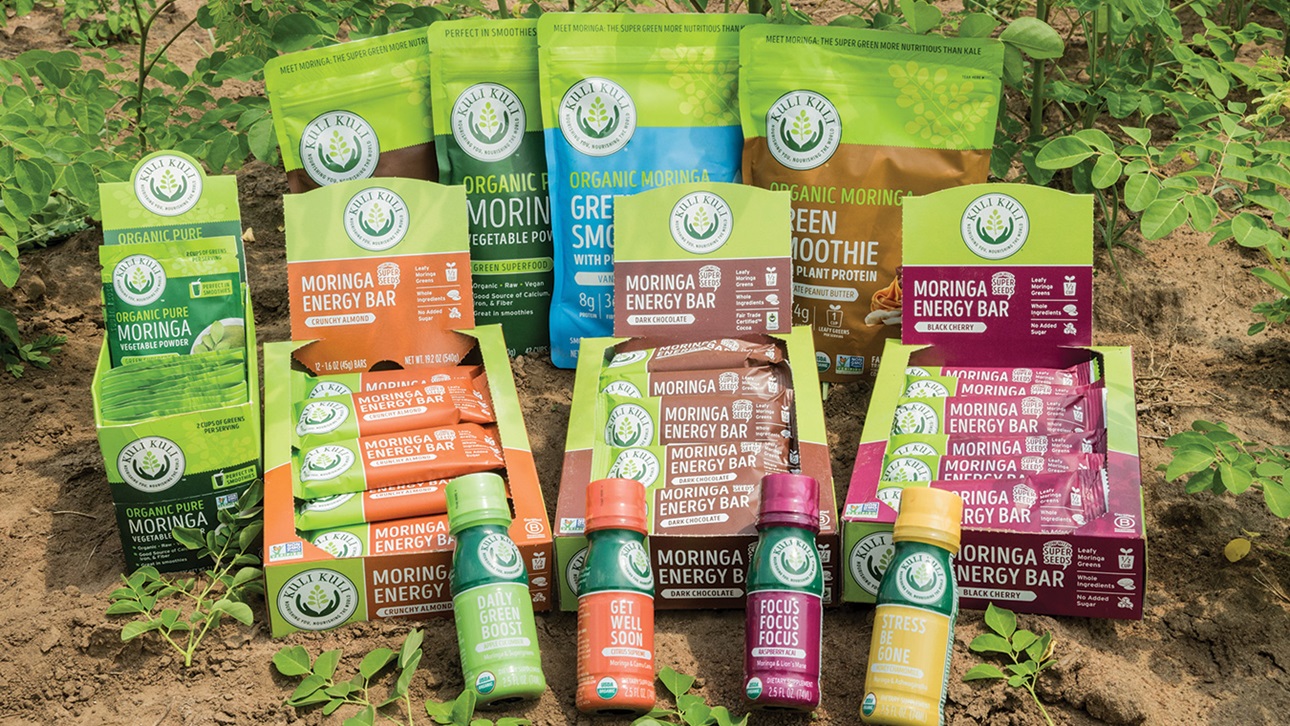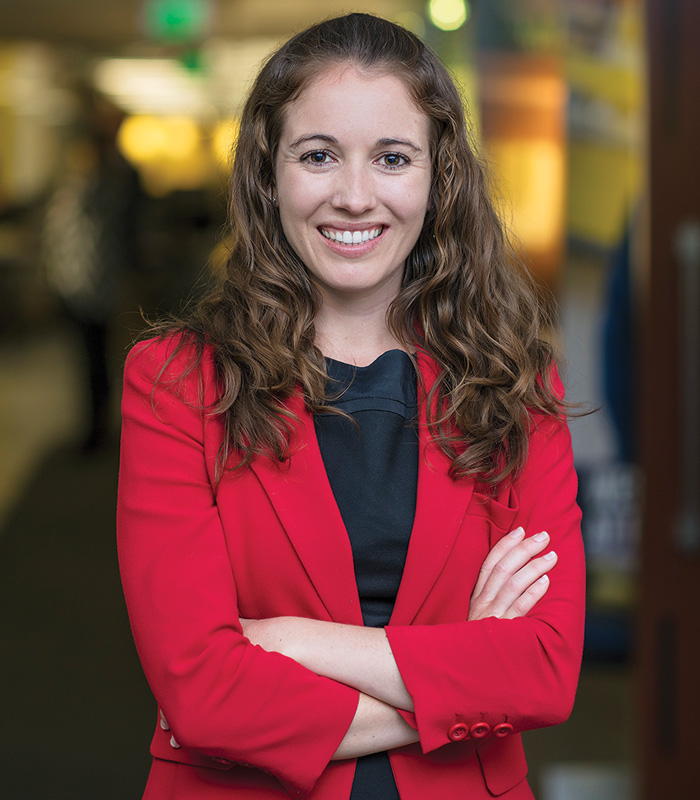How Superfood Startups Fit Into Kellogg’s VC Strategy
STARTUPS & INNOVATORS
The fast pursuit of entrepreneurial operations and ideas by major food and beverage companies over the past several years has been breathtaking to watch. And maybe more so in the case of Kellogg than just about any other consumer packaged goods (CPG) giant.
What company could be more identified with the legacy of the industry and its emphasis on volume-manufactured foods for the mainstream market than a titan of the ready-to-eat cereal business that diversified many years ago by buying a big maker of cookies and crackers?
But now, through its Eighteen94 Capital venture-investing arm, the company so famously rooted in Battle Creek, Mich., is a leading investor and partner of Siren, a plant-based-snack startup; Bright Greens, maker of “blenderless” superfood smoothies; Taali, the originator of “popped” seeds of the water lily plant; UCan, maker of “superstarch” performance supplements; and MycoTechnology, which makes mushroom-based ingredients.
Consider alone how Kellogg now is backing what are still fringe efforts to develop new plant ingredients for sustainable food supplies that include not only water lilies but also duckweed, an algae-like component of pond scum, and moringa, derived from a tree that grows in warm climes around the world.
“If you’d asked me four years ago, ‘Would the maker of Frosted Flakes invest in an unknown green-superfood company?’ I would have said, ‘Definitely not,’” says Lisa Curtis, founder of Kuli Kuli, a startup that, in fact, harvests moringa leaves and makes them into nutrient-dense supplements. Kuli Kuli was Eighteen94’s first investment, and Kellogg now has invested several million dollars in helping Kuli Kuli scale up.
“I didn’t see the fit,” continues Curtis. “But I’ve been impressed with how mission-driven they are. They loved the authenticity behind our brand and have gone above and beyond to be helpful.”
What’s going on here? Simon Burton, managing director of Eighteen94 Capital, explains. “Kuli Kuli is playing in a place where Kellogg doesn’t play. So we’re partnering with a company that’s giving us some exposure and education in a very interesting and unique place.”
More broadly, Burton says, Kellogg launched Eighteen94 nearly five years ago “at a high level, looking for two things: strategic benefit and financial return.” For example, Kellogg already has worked some of MycoTechnology’s mushroom ingredients into a Kashi nutrition bar because the startup offered “a very mild-tasting, efficacious protein that you can use in foods,” Burton says. Kellogg food developers also are working with a bitterness-blocking ingredient from MycoTechnology.
At the same time, Burton stresses, Kellogg’s VC arm differs from some others in the CPG industry in that “we partner with the companies in question; part of our model is to help.” The smaller companies “are able to tap the resources within Kellogg to help develop their portfolios. We’re not trying to run their businesses by any stretch. But where they’re looking for assistance and advice, we chip in and try to help.”
Curtis, for instance, says Kuli Kuli has been able to put Kellogg’s own R&D team to work to help her company come up with “a couple of tricks” for its product formulations. For example, she notes that “cinnamon balances the earthy flavor” of moringa.
Also, Kuli Kuli’s work with small farmers (Curtis is a former Peace Corps volunteer) aligns with Kellogg’s own global development goals. And Kuli Kuli can use help improving its complicated supply chain for the moringa leaves it uses in its products.
The name Eighteen94 is a nod to the year that John Harvey Kellogg and his brother, W. K. Kellogg, created their first cereal. Kellogg worked with Touchdown Ventures in San Francisco to set up its new fund. The company said initially that it would invest in North American companies with revenues in the $5 million to $10 million range. In a typical deal, Kellogg would invest $1 million to $3 million in Series A and Series B stage startups, investing up to a total of $100 million by the next year.
Burton notes that, in addition to any financial gains its VC investments might yield, Kellogg as a whole learns a lot from the startups. “These companies are very agile and able to respond very quickly to situations and innovate and launch very quickly,” he says. “Hearing those lessons and working closely with them on things is really good for Kellogg.”




